In many circumstances it is not possible to make a dipole antenna that has the optimum length of \$\lambda/2\$ (or monopole with ground plane of length \$\lambda/4\$). Car antennas are for example shorter than they should be, which would result in an antenna that behaves like a capacitive load. An inductor is added to counteract this, basically lengthening the antenna electrically.
Now, is it possible to reverse this to electrically shorten an antenna, which is much longer than \$\lambda/2\$? It would behave like an inductive load, so adding a capacitance would make it resonant by analogy.
It seems to me that from an electrical standpoint, it there shouldn't be a difference between using a \$\lambda/2\$ dipole and a much longer antenna that has been "shortened" by an appropriate capacitor, other than the introduction of the real parts of both the antenna and capacitor resistance. What am I missing here, or under what circumstances can such an antenna tuning work?
